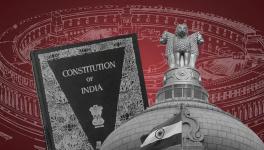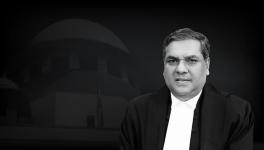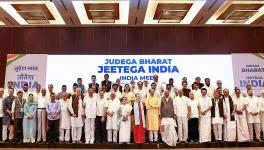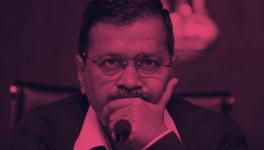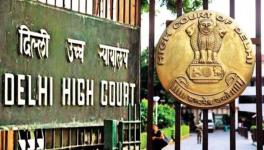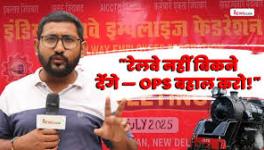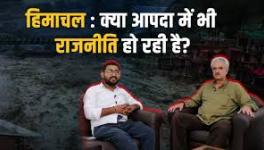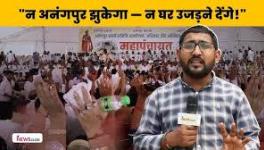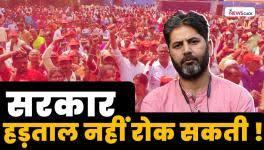Delhi High Court Upholds Principles of Natural Justice
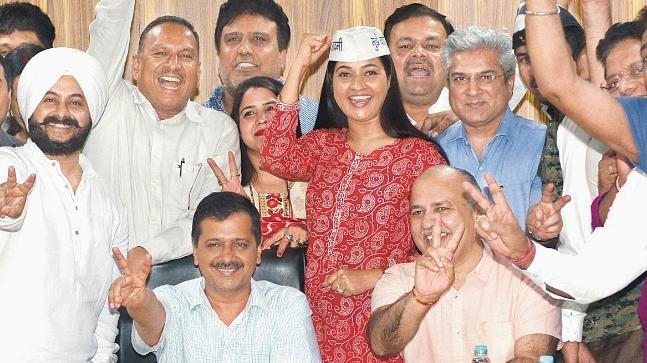
Image Courtesy: India Today
The High Court of Delhi on March 23 set-aside the decision of the Election Commission of India (ECI) which disqualified 20 AAP MLAs for holding offices of profit. The High Court noted certain procedural lapses in the ECI proceedings. However, the High Court has not decided on whether the MLAs held offices of profit or not. Instead, the Court has directed that the proceedings should resume from where the lapse occurred, despite the ECI attempting to wash its hands of the matter.
The interesting point here is that the ECI had flouted procedural norms and delivered a decision violating natural justice. Yet the ECI also did not wish to conduct the proceedings again, and instead appeared satisfied even if its order were set aside. The High Court, on the other hand, did not wish to pursue the question of disqualification, even though they held a lengthy discussion on the office of profit. What this could mean is that the case law on the matter can go either way regarding how the office of profit is to be interpreted. Perhaps a legislation on the question could clear the air. However, of late changes have been made to various legislations turning the process of funding political parties more opaque, it is unlikely that a legislation will be of much help.
The petitioners (the AAP MLAs) had prayed that the Court set-aside or quash the ECI’s opinion as it violated the principles of natural justice. They also sought that the notification, that was issued, be set-aside or quashed for the same reason as well as that it was unconstitutional. They prayed that the Court direct the ECI to conduct the proceedings in accordance with law and the principles of natural justice. As well as that they should remain MLA’s until the hearing takes place.
The ECI stated that the petition should not be entertained as the petitioners have not challenged the President’s order. The High Court, however, disregarded this contention as the order and notification in question had reproduced the President’s order as well as annexed the ECI’s decision.
The High Court established its power of judicial review in the matter by referring to Union of India v. Jyoti Prakash Mitter which stated that though the President is the final authority, the principles of natural justice must be adhered to. They also referred to Election Commission of India v. Bajrang Bahadur Singh and Others which laid down that the decision of a Governor to disqualify MLAs can be challenged before a High Court and can be held unsustainable. As well as Rex v. Northumberland Compensation Appeal Tribunal, Ex Parte Shaw and A.K. Subbaiha versus Ramakrishna Hegde. Both of these cases stated that though a statute may designate a decision to be final, it is only final in ‘fact’, but not in law.
As per the Government of National Capital Territory of Delhi Act, 1991 (GNCTD Act), any matter regarding the disqualification of an MLA would require the President to refer to the ECI. Upon receiving the opinion of the ECI the President acts whether to disqualify the MLA or not. The petitioners alleged that the reference from the President was made by his Secretaries and was not signed by him. In this case, the ECI could not treat it as a reference. The Court, however, dismissed this contention as the GNCTD Act did not prescribe any format for referrals.
The next point raised by the petitioners was that the appointment of parliamentary secretaries had already been struck down by the Delhi High Court in Rashtriya Mukti Morcha v. Government of NCT of Delhi. Hence, there was no question of disqualification. The High Court could not accept this reasoning as the case never dealt with the question of disqualification. The Court also mentioned that the fact that they had been appointed could not be undone. Hence this is a matter to be taken up by the ECI.
On the issue of violating the principles of natural justice, the petitioners alleged that audi alteram partem had not been followed. Audi alteram partem is a Latin maxim meaning ‘listen to the other side’. In law, this means that both parties must be heard before a decision is delivered. The ECI, however, contended that this maxim does not apply as its powers are discretionary and there is no provision which dictates procedure. The High Court considering both arguments held that the discretionary power of the ECI to hold summary proceedings only arises when the allegations are found to be frivolous. The Court observed that the ECI had sought materials from the petitioners which meant that the ECI felt that a detailed inquiry was necessary. Hence, the petitioners ought to have been heard.
The petitioners also alleged that they had not been informed of further hearings. The last order passed by the ECI stated that the hearings would resume on a date to be intimated. However, the ECI did not provide such a date for hearings. Instead, the ECI sent notices calling for evidence. The Election Commissioner O. P. Rawat had recused himself, as well as re-joined, neither of which were made known to the petitioners. Sunil Arora who was in the course of the hearings appointed to the ECI did not participate in the hearings, yet his name also appeared on the decision. Considering these circumstances, the High Court stated that due to the procedural lapses, the ECI order stands vitiated.
The Court also had a lengthy discussion on the office of profit which is not defined under any existing statute in India. After referring to several cases, the High Court finally determined the matter to be very complex and that the ECI should decide on it after hearing oral arguments and considering the relevant facts. The ECI stated, however, that it had submitted its opinion to the President, and that its duties have come to an end. The Court stated that if it accepted this position, the matter would then require another referral from the President. In this regard, it dismissed the ECI’s contention and stated that the hearings should resume from when the lapse occurred.
Get the latest reports & analysis with people's perspective on Protests, movements & deep analytical videos, discussions of the current affairs in your Telegram app. Subscribe to NewsClick's Telegram channel & get Real-Time updates on stories, as they get published on our website.









